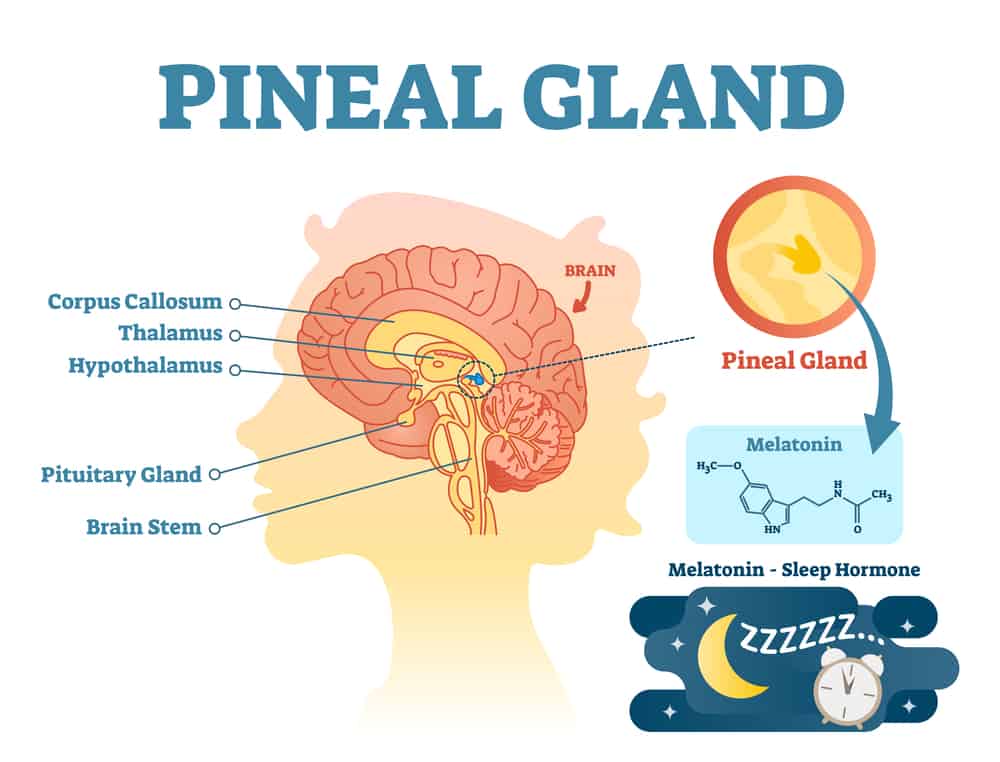Think about this—sunglasses are an invention of the past century. Prior to that, people didn’t hide from the sunlight except for the hottest portions of the day, which is wise still today especially in Texas summers. Here’s WHY you need to let your eyes get enough sunlight (i.e. ditch the sunglasses for the sake of your health): Your pineal gland located in the center of the brain receives the daylight-dark cycles your eyes receive and then releases the hormone Melatonin in response to that information.

When you wear sunglasses when you’re outside, your body receives information that it’s nighttime outside instead of daytime, then to complicate matters when the sun actually goes down and you expose your eyes to blue light from cooler colored fluorescent lights (i.e. Wal-Mart or Lowe’s) and/or TVs and phone screens, you’re literally now telling your body that it’s day instead of night! You can completely altar your body’s sleep cycles by those “normal” American daily life activities!!
Reason #2: When your eyes are exposed to sunlight, your body is triggered to produce more Melanin (NOT the same thing as Melatonin). Melanin, triggered by exposure to sunlight, goes to the outer layers of your skin to protect your skin from burning! It’s your body’s own natural defense against skin damage from sunburns, BUT we wear sunglasses which block our body’s ability to discern the need for Melanin to be sent to the outer layers of skin, and wear toxic sunscreen which absorbs though the skin into the bloodstream creating toxicity your body must overcome. We really need to rethink how we’re doing things, don’t we?! Here’s my suggestion, save the sunglasses for days that your eyes have gotten plenty of natural sunlight in the morning and late afternoon hours, maybe 12-2pm when the sun is the strongest or when you’re at/on the water.
Here are some links to studies on this fascinating subject:
Timing of light exposure affects mood and brain circuits
